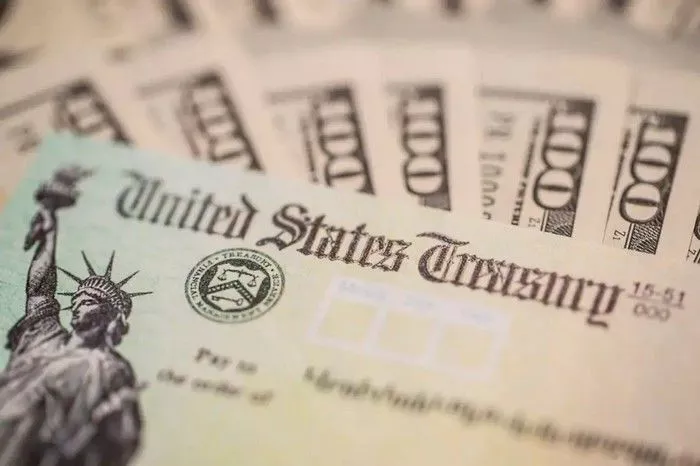In our increasingly interconnected world, individuals and businesses often find themselves needing to conduct transactions in foreign currencies. Whether you’re planning a vacation abroad, purchasing goods from overseas, or engaging in international business dealings, understanding how to buy foreign currency efficiently and securely is crucial. In this comprehensive guide, we’ll explore essential tips and strategies to help you navigate the complexities of currency exchange.
Understanding Foreign Exchange Basics
Before delving into the process of buying foreign currency, it’s essential to grasp the basics of foreign exchange (forex) markets. At its core, forex involves the exchange of one currency for another at an agreed-upon rate. Currency values fluctuate constantly due to various factors such as economic indicators, geopolitical events, and market sentiment.
The foreign exchange market operates 24 hours a day, five days a week, with trading occurring across different financial centers worldwide. Major currencies, including the US dollar (USD), euro (EUR), Japanese yen (JPY), and British pound (GBP), dominate forex trading volumes.
Factors Influencing Exchange Rates
Several factors influence exchange rates, impacting the cost of buying foreign currency. These factors include:
1. Economic Indicators: Key economic indicators such as GDP growth, employment data, inflation rates, and interest rates can significantly influence a currency’s value.
2. Political Stability: Political stability and geopolitical events can affect investor confidence and currency values. Uncertainty or turmoil in a country’s political landscape may lead to currency depreciation.
3. Central Bank Policies: Monetary policies set by central banks, including interest rate decisions and quantitative easing measures, play a crucial role in shaping currency values.
4. Market Sentiment: Investor sentiment and market speculation can cause currency prices to fluctuate. Positive sentiment towards a currency may lead to appreciation, while negative sentiment can result in depreciation.
Tips for Buying Foreign Currency
Now that you have a foundational understanding of foreign exchange, let’s explore practical tips for buying foreign currency:
1. Research Exchange Rates: Before purchasing foreign currency, research current exchange rates to ensure you receive a fair deal. Compare rates offered by different banks, currency exchange providers, and online platforms to find the most competitive option.
2. Choose the Right Vendor: Select a reputable vendor for your currency exchange needs. Banks, currency exchange kiosks, and online platforms are common options. Consider factors such as fees, exchange rates, convenience, and security when choosing a vendor.
3. Minimize Fees: Be mindful of fees associated with currency exchange. Some vendors may charge commission fees or service charges for exchanging currency. Look for providers that offer competitive exchange rates with minimal fees to maximize your purchasing power.
4. Avoid Airport Exchanges: While convenient, currency exchange services at airports often offer unfavorable exchange rates and high fees. Whenever possible, exchange currency before arriving at the airport or use alternative methods such as ATMs or digital platforms.
5. Consider Timing: Exchange rates fluctuate throughout the day due to market dynamics. Monitor exchange rate trends and consider timing your currency exchange to capitalize on favorable rates. However, avoid speculative trading unless you have expertise in forex markets.
6. Utilize Limit Orders: Some currency exchange platforms offer limit orders, allowing you to specify a target exchange rate at which you’re willing to buy currency. This can help you secure favorable rates while minimizing the need for constant monitoring of market fluctuations.
7. Understand Conversion Rates: When making purchases abroad or conducting international transactions, be aware of conversion rates applied by merchants or payment processors. Understand how conversion rates impact the overall cost of your transactions to avoid unnecessary expenses.
8. Secure Transactions: Prioritize security when buying foreign currency, especially when using online platforms or ATMs. Choose reputable vendors with robust security measures in place to safeguard your financial information and transactions.
9. Consider Hedging Strategies: For businesses or individuals with significant currency exposure, hedging strategies such as forward contracts or options can help mitigate risks associated with currency fluctuations. Consult with financial experts to explore appropriate hedging techniques.
10. Stay Informed: Keep yourself informed about global economic developments, geopolitical events, and central bank policies that may impact currency markets. Stay updated on exchange rate trends and market sentiment to make informed decisions when buying foreign currency.
Conclusion
Buying foreign currency requires careful consideration of exchange rates, fees, security, and market dynamics. By following the tips outlined in this guide and staying informed about currency markets, you can effectively manage your foreign exchange transactions and optimize your purchasing power. Whether you’re traveling abroad, conducting business internationally, or simply diversifying your investment portfolio, understanding the nuances of currency exchange is essential for financial success.


